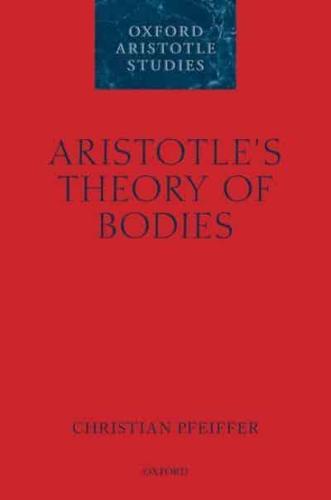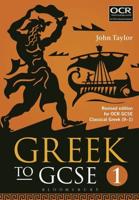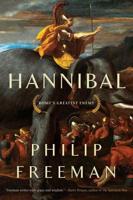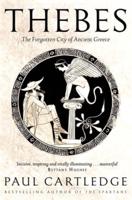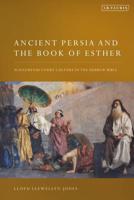Publisher's Synopsis
Christian Pfeiffer explores an important, but neglected topic in Aristotle's theoretical philosophy: the theory of bodies. A body is a three-dimensionally extended and continuous magnitude bounded by surfaces. This notion is distinct from the notion of a perceptible or physical substance. Substances have bodies, that is to say, they are extended, their parts are continuous with each other and they have boundaries, which demarcate them from their surroundings. Pfeiffer argues that body, thus understood, has a pivotal role in Aristotle's natural philosophy. A theory of body is a presupposed in, e.g., Aristotle's account of the infinite, place, or action and passion, because their being bodies explains why things have a location or how they can act upon each other. The notion of body can be ranked among the central concepts for natural science which are discussed in Physics III-IV. The book is the first comprehensive and rigorous account of the features substances have in virtue of being bodies. It provides an analysis of the concept of three-dimensional magnitude and related notions like boundary, extension, contact, continuity, often comparing it to modern conceptions of it. Both the structural features and the ontological status of body is discussed. This makes it significant for scholars working on contemporary metaphysics and mereology because the concept of a material object is intimately tied to its spatial or topological properties.


